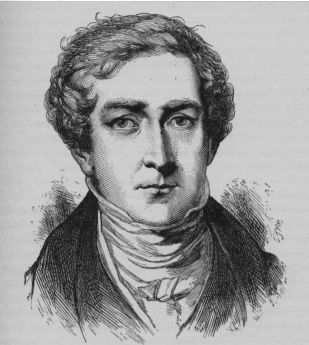Related
Dec 22,2022
Marron Researchers
Participate in Two White House Events

Sep 18,2013
Peel's Principles of Law Enforcement
by

Established by Congress in 1984, Crime Victim Compensation (CVC) is a federal and state program designed to reimburse victims for certain out-of-pocket expenses resulting from their victimization. In recent years, there has been a growing recognition of the unique challenges faced by victims of community violence when accessing CVC. This increased attention has prompted efforts to reform and enhance the program, including a review of CVC’s guidelines initiated by the Office for Victims of Crime, the federal administrators of CVC.
In “Realizing the Promise of Crime Victim Compensation,” the Marron Institute aims to provide support for these ongoing initiatives. Drawing from a national examination of CVC’s laws and policies, “Realizing the Promise” offers detailed recommendations that can be used by advocates, community violence-intervention programs, and government leaders to unlock the program’s potential in aiding victims in their recovery, addressing trauma, and promoting resilience within affected communities.
Please fill out the information below to receive our e-newsletter(s).
*Indicates required.